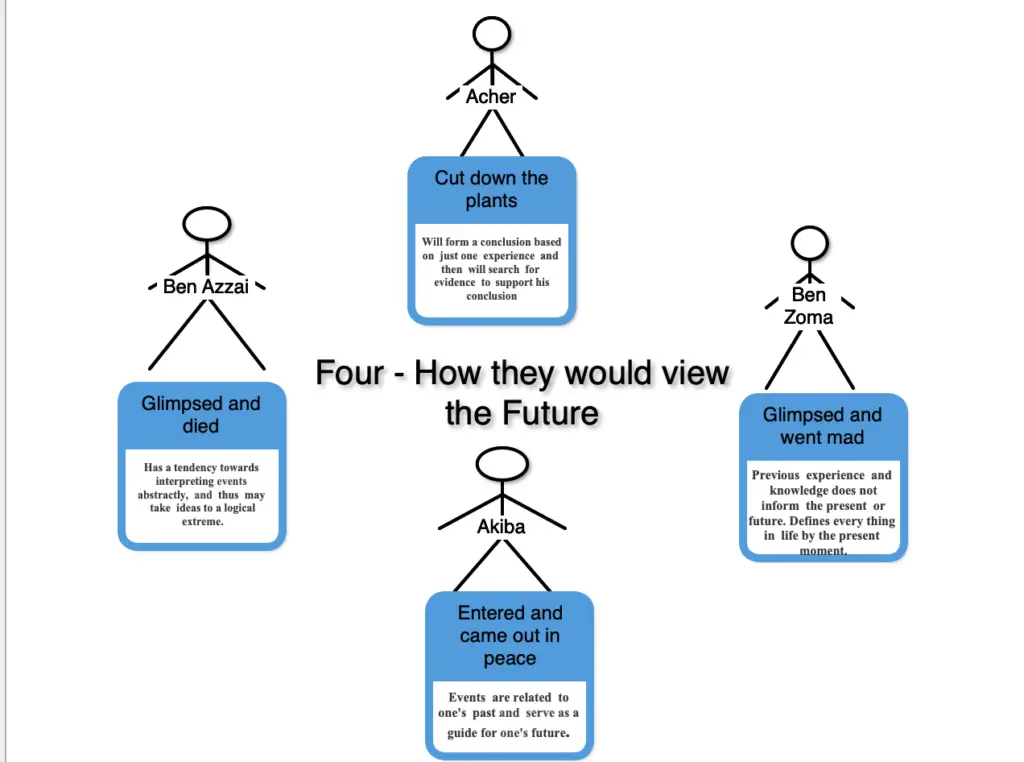אודותינו
עמותת פרד”ס פועלת למען מתן הזדמנות שווה לציבור החרדי בתפקידי מפתח במערכות הביטחון והמודיעין, תוך יצירת תהליך הכשרה ומסגרת לימודית המותאמת ליהודי חרדי ורתימת הכישרונות הייחודיים הטמונים בציבור החרדי למשימות מורכבות, אשר עוסקות, במקרים רבים, בשאלות של חיים ומוות.
העמותה הוקמה ומנוהלת על ידי יהודים חרדים, בעלי היכרות מעמיקה עם ארגוני הביטחון והמודיעין הישראלים, שרוב עבודתם חשאית ואינה מתפרסמת בציבור. מייסדי העמותה, נטועים עמוק בעולם התורה והחסידות הפורח בישראל, ומשמשים דוגמה אישית של החיבור הנכון בין אדם חרדי לבין עולם הסוד של מערכות המודיעין והביטחון של ישראל.
פעילות העמותה מתבצעת בתיאום ובשיתוף פעולה עם בכירים במערכות אלה, אשר נרתמו למשימת העמותה ומסייעים לפעילותה מתוך הבנת הפוטנציאל והכרת הצרכים.
בשלב הראשון כלל הנרשמים עוברים תהליכי מיון קפדניים, באמצעות מבחנים מקוונים הבודקים לעומק את היכולות הקוגניטיביות של כל אחד. כאשר רק מי שמגלה כישורים יוצאי דופן, יכול להמשיך לשלבי הסינון הבאים.
לאחר מכן הנבחנים עוברים למרכז הערכה, בו הם לוקחים חלק במבחנים קבוצתיים ואישיים, הנערכים כחצי יום. מספר ימים לאחר סיום שלבי המיון, מתקבל משוב המבשר אם התקבלו למסלול הנכסף.
מסלול התואר מחולק לשני תארים מטעם האוניברסיטה הפתוחה, האחד בגיאופוליטיקה, יחסים בינלאומיים וניהול, המכשיר סטודנטים בתחום ניתוח מידע ומחקר מודיעיני ומבצעי, והשני, מסלול הייטק להשתלבות ביחידות הטכנולוגיה, הסייבר והמחשוב המודיעיני.
כמו כן, במהלך הלימודים משולבים תכני הכשרה יעודיים והשתלמויות המעניקים ידע מקצועי ופרקטי בתחום המודיעיני.
בארגון שמים דגש רחב על שמירת הצביון החרדי ואווירה תורנית, עם סדרי לימוד קבועים בבית המדרש אשר במתחם הלימודים.
הלימודים אורכים כ-3 וחצי שנים אקדמיות. הסמסטר הראשון כולל מכינה מקדימה והוא מתקיים 3 פעמים בשבוע, בימי ראשון ושלישי בין השעות 10:00-17:00 ובחמישי מ13:00 עד 17:00 ולאחר מכן יעבור למתכונת מצומצמת יותר (עד יומיים בשבוע)הלימודים מתקיימים במרכז י.נ.ר בירושלים.


